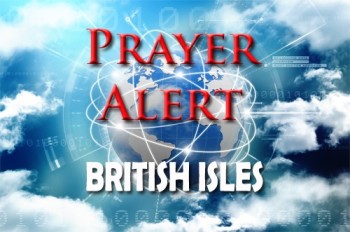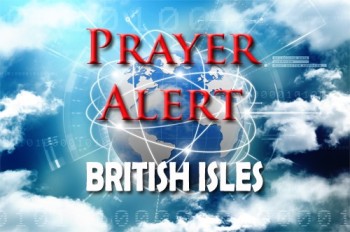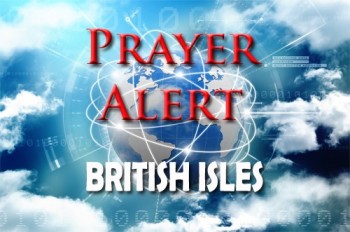Displaying items by tag: vaccines
Study of Covid vaccinations supports their safety
A global study on Covid vaccines has identified small increases in heart, blood, and neurological disorders among recipients. Pfizer, Moderna, and AstraZeneca shots were linked to higher risks of certain conditions, including nerve-wasting and brain-swelling disorders. Despite this, the absolute risk remains low, with only 2,000 cases among 13 billion doses administered. Notable findings include a threefold increase in myocarditis and a higher risk of Guillain-Barre syndrome. Concerns over neurological events following vaccination were outweighed by the significantly higher risk associated with SARS-CoV-2 infection. Additionally, AstraZeneca shots were associated with an increased risk of two types of thrombosis. While the study shows potential risks, it underlines the benefits of vaccinations in preventing Covid-related deaths.
Covid still evolving
Four years into the Covid pandemic, the virus continues to evolve rapidly, affecting the UK population and healthcare system. Approximately 1.2 million people in England and Scotland are now estimated to have Covid; the latest significant strain is the JN1 variant of Omicron. Despite lower peaks than in previous years, the virus still causes multiple waves, exacerbated by reduced vaccination scope and emerging variants. Hospitalisations have declined, with fewer than 5,000 weekly admissions in England since early 2023, thanks to vaccine effectiveness. The anti-vax movement has influenced public perception, but vaccines have significantly reduced Covid mortality. Long Covid remains a concern, affecting almost two million people in the UK and adding financial strain to healthcare services. Excess deaths in 2023 were still above the five-year average, indicating ongoing challenges for the NHS, including treatment backlogs. The pandemic has underscored health inequalities and the importance of comprehensive public health strategies. Future measures include seasonal vaccines and improved indoor air quality to combat evolving variants.
India: single-dose vaccine?
India has ramped up its coronavirus vaccine production and approved Johnson & Johnson's single-dose vaccine for emergency use amid warnings of a third wave. The vaccine, with 85% efficacy, will be introduced through a supply agreement with homegrown vaccine maker Biological E. It is still unclear when the vaccine will be available. Daily case counts have fallen from 400,000, but they still average up to 40,000, and experts have warned that a third wave of infections is inevitable. Johnson & Johnson's jab is the second foreign vaccine to be granted emergency use authorisation under a new policy not requiring manufacturers to conduct local clinical trials if the vaccine is approved by WHO. In June the Moderna vaccine was given Indian approval, but the company is locked in a legal tussle, and no one has yet been given Immunisation.
Netherlands: Calvinists refuse vaccines and social distancing
In the Netherlands, Protestants make up around 16 percent of the population. A small group of traditional Calvinists are opposed to vaccination and social distancing. Most of these believers, who live in a region known as the ‘Bible Belt’, were never vaccinated as children and are opposed to the idea of injecting sickness into a healthy body. Despite surging case numbers, they continue to attend Sunday services without face masks. But amid some of the country's highest Covid-19 infection rates, some of them are starting to shift their mindset.
Covid deaths below average
Deaths in the UK have fallen below the five-year average for the first time since the summer. Experts say it means the winter wave of Covid deaths has ended, and lockdown and the vaccine rollout have saved lives. Prof Neil Ferguson of Imperial College London said, ‘The new data on deaths are encouraging in suggesting the second devastating wave of the pandemic is behind us. But calling epidemics 'waves' can be misleading in implying a phenomenon which has reached a natural end - that is not the case here. The rapid decline in deaths we have thankfully seen is entirely because of the lockdown and the rapid rollout of vaccines. So, while I'm optimistic that this means we will be able to return to something more like normal in the next few months, we need to remain vigilant and cautious - particularly given the threat still posed by new variants of the virus.’




